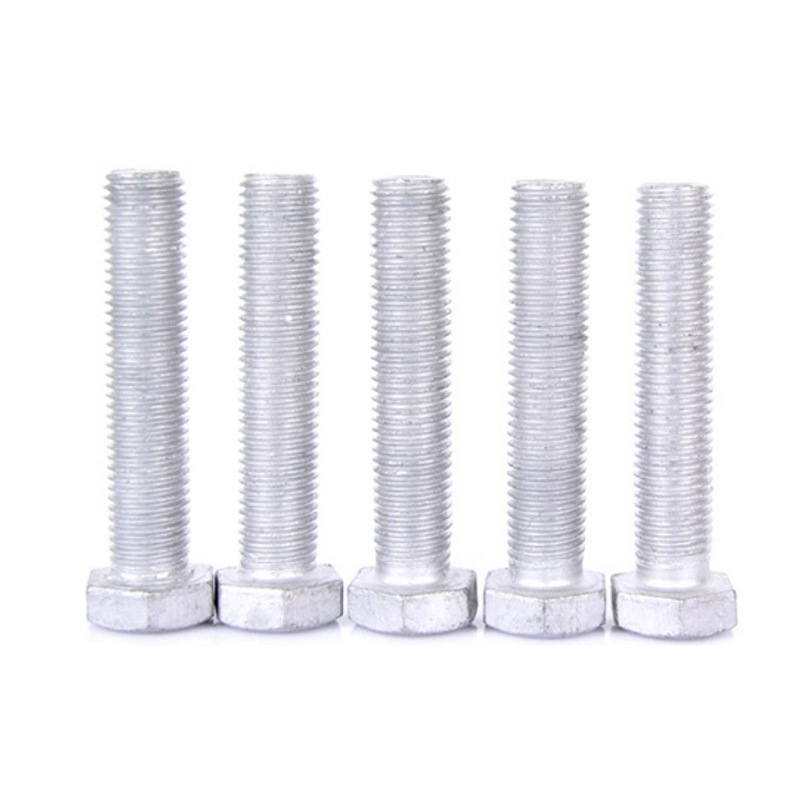

Innovative Solutions in Self-Drilling Fasteners for Enhanced Construction Efficiency and Durability
Nov . 27, 2024 14:37 Back to list
Innovative Solutions in Self-Drilling Fasteners for Enhanced Construction Efficiency and Durability
Understanding Self-Drilling Fasteners A Comprehensive Guide
In the world of construction and manufacturing, efficiency and strength are paramount. One of the innovations that have significantly improved fastening methods is the self-drilling fastener. These unique fasteners have revolutionized how materials are joined together, offering numerous advantages over traditional fastening methods. This article delves into the characteristics, types, applications, and benefits of self-drilling fasteners.
What are Self-Drilling Fasteners?
Self-drilling fasteners are specialized screws designed with a drill point that allows them to penetrate and fasten materials without the need for pre-drilling a hole. This crucial feature not only simplifies the fastening process but also saves time and labor costs. Typically made from materials like stainless steel, carbon steel, or alloy steel, self-drilling fasteners are engineered for durability and strength.
Types of Self-Drilling Fasteners
Self-drilling fasteners come in various types, each catering to specific applications
1. Self-Drilling Screws (SD) These screws have a sharp, pointed end that drills into materials such as metal or wood. They often have a thread that provides a strong grip for secure fastening.
2. Self-Drilling Sheet Metal Screws Designed specifically for thin sheets of metal, these screws can quickly drill through metal surfaces without the risk of breakage or deformation.
3. Roofing Screws Often used in the construction of roofs, these screws come with a sealing washer that prevents leaks. They are designed to penetrate the top layer and hold tight against the underlying structure.
4. Concrete Fasteners Some self-drilling fasteners are specifically designed to work with concrete and masonry. These are typically more robust and have a different drilling mechanism to handle hard surfaces effectively.
5. Composite Fasteners These fasteners are intended for use with composite materials, commonly used in modern construction. They provide excellent holding power while minimizing the risk of damaging the material.
self drilling fasteners

Applications of Self-Drilling Fasteners
The versatility of self-drilling fasteners makes them suitable for a wide array of applications, including
- Construction and Building Used in metal framing, roofing, and cladding, self-drilling fasteners streamline the construction process. - Automotive Industry They offer reliable fastening solutions for various components, enhancing the structural integrity of vehicles. - Electrical Installations Self-drilling screws are often employed to secure electrical panels and conduit, providing a secure and efficient fastening method. - Furniture Manufacturing Their ease of use and robust holding ability make them ideal for assembling furniture and fixtures. - Industrial Equipment From machinery to storage solutions, self-drilling fasteners are crucial in ensuring that components are securely fastened and functional.
Benefits of Using Self-Drilling Fasteners
1. Time Efficiency By eliminating the need for pre-drilling, self-drilling fasteners significantly reduce assembly time, enabling faster project completion.
2. Cost-Effectiveness The reduced labor time translates to lower overall project costs. Additionally, fewer tools are needed, simplifying the process and saving on equipment costs.
3. Reliability These fasteners are designed to create a strong bond between materials, ensuring durability and performance under various conditions. Their design also minimizes the risk of stripping, a common issue with conventional screws.
4. Versatility With various types available, self-drilling fasteners can be used across different materials and industries, making them a valuable addition to any toolkit.
5. Reduced Risk of Material Damage Self-drilling fasteners are designed to minimize stress on the materials being fastened, reducing the risk of cracks or splintering, particularly in sensitive materials like composites or soft metals.
Conclusion
Self-drilling fasteners represent a crucial advancement in fastening technology, providing solutions that enhance efficiency, reliability, and versatility across diverse applications. As industries continue to evolve, the importance of effective fastening methods such as self-drilling fasteners will only grow. By understanding the types, applications, and benefits of these fasteners, professionals can make informed decisions that enhance productivity and quality in their projects. Whether in construction, automotive, or furniture manufacturing, self-drilling fasteners remain an essential tool for modern industry.
Latest news
-
Hot Dip Galvanized Bolts - Hebei Longze | High Strength, Corrosion Resistance
NewsAug.01,2025
-
High-Strength Hot Dip Galvanized Bolts - LongZe | Corrosion Resistance, Custom Sizes
NewsAug.01,2025
-
Best Self Tapping Screws for Drywall - Fast & Secure Installation
NewsJul.31,2025
-
High-Strength Hot Dip Galvanized Bolts-Hebei Longze|Corrosion Resistance&Customization
NewsJul.31,2025
-
Hot Dip Galvanized Bolts-Hebei Longze Metal Products|Corrosion Resistance&High Strength
NewsJul.31,2025
-
Hot Dip Galvanized Bolts-About LongZe|High Strength, Corrosion Resistance
NewsJul.30,2025

